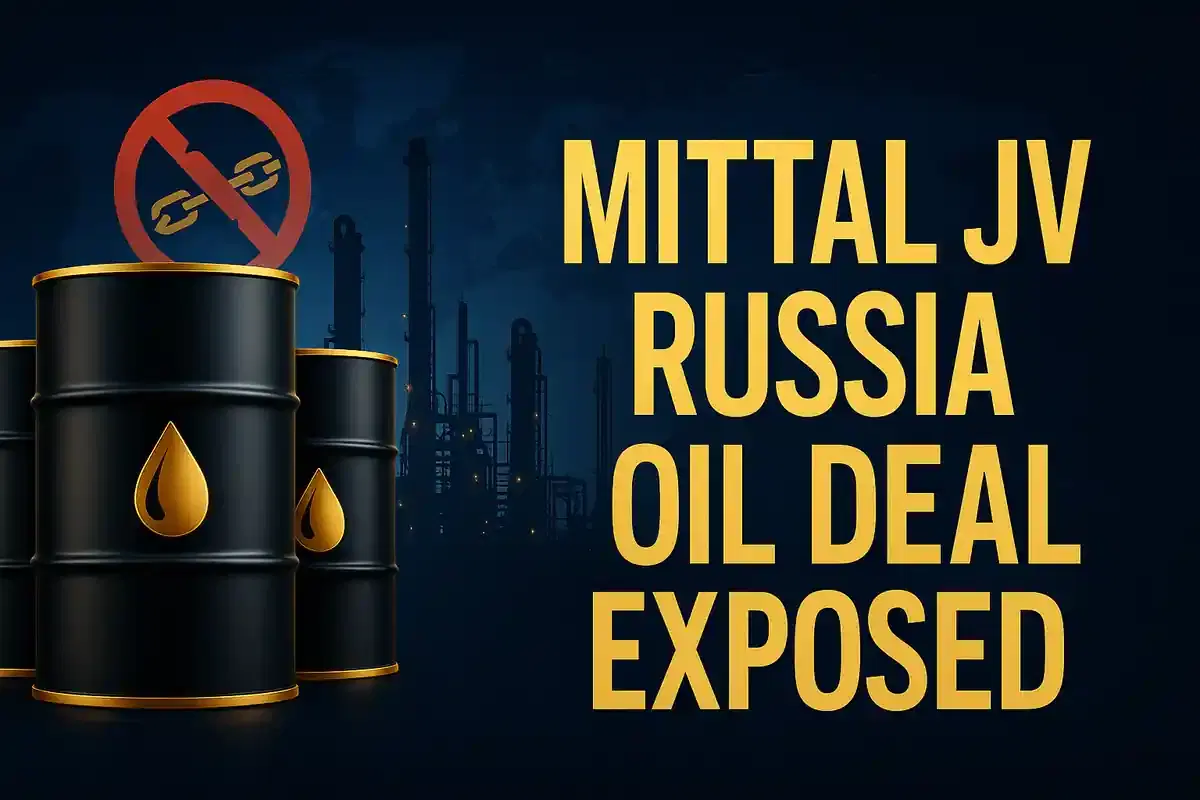Lakshmi Mittal's Energy JV Received Russian Oil via Sanctioned Ships, Reports Indicate
Energy
|
29th October 2025, 6:00 AM

▶
Stocks Mentioned :
Short Description :
Detailed Coverage :
The Financial Times has reported that an energy joint venture associated with Lakshmi Mittal received significant shipments of Russian crude oil transported on ships flagged under US sanctions. Specifically, the Guru Gobind Singh Refinery in Punjab, which is part of HPCL-Mittal Energy Limited (HMEL), reportedly took in at least four crude oil shipments worth almost $280 million between July and September. These shipments originated from Russia's Arctic port of Murmansk.
The vessels involved are alleged to have employed deceptive tactics, such as disabling their tracking transponders or broadcasting false locations, to obscure their activities and destination. It remains unclear who arranged for the oil to be transported on these sanctioned tankers, or if HMEL itself was aware of the use of such vessels.
HMEL is a 49-49 percent joint venture between Mittal Energy and Hindustan Petroleum Corporation Limited, with financial institutions holding the remaining 2 percent stake. This development occurs at a time when the United States is increasing pressure on Indian companies to cease buying Russian oil, having recently imposed sanctions on major Russian oil producers like Rosneft and Lukoil.
Impact This news could have significant reputational and potential regulatory implications for HPCL-Mittal Energy Limited and its parent companies, Hindustan Petroleum Corporation Limited and Mittal Energy. It also highlights the complexities of India's energy imports and its navigation of international sanctions related to the conflict in Ukraine. The potential for scrutiny from US authorities could impact future trade relations and energy procurement strategies. The market impact is moderate, primarily affecting entities directly involved and potentially influencing discussions on energy security and geopolitical trade. Rating: 6/10.
Difficult terms explained: Sanctions-listed vessels: Ships that are owned or operated by entities or individuals that have been placed under economic or trade restrictions by governments or international bodies, such as the United States. Transponders: Electronic devices carried by ships and aircraft that transmit identification and positional information, which can be tracked by radar and satellite systems. Crude oil: Unrefined petroleum that is extracted from the ground and processed into various petroleum products like gasoline and diesel fuel. Joint venture: A business arrangement where two or more parties agree to pool their resources for the purpose of accomplishing a specific task or project.